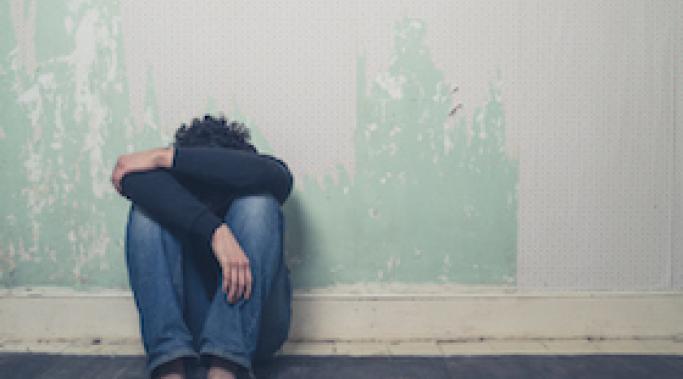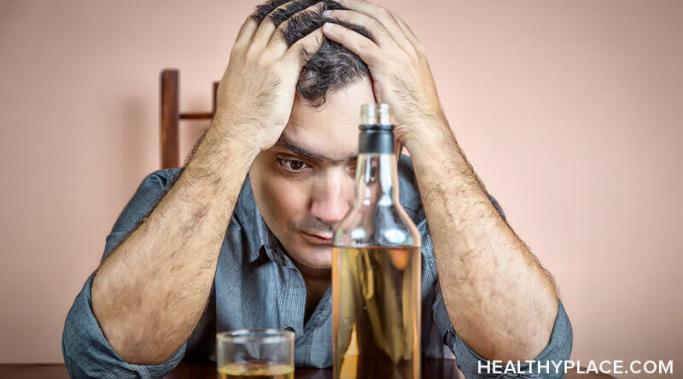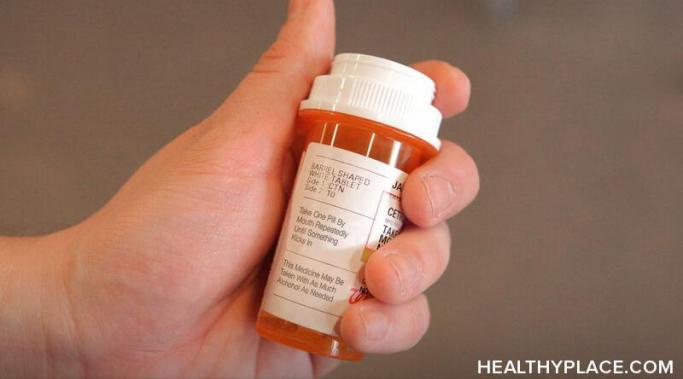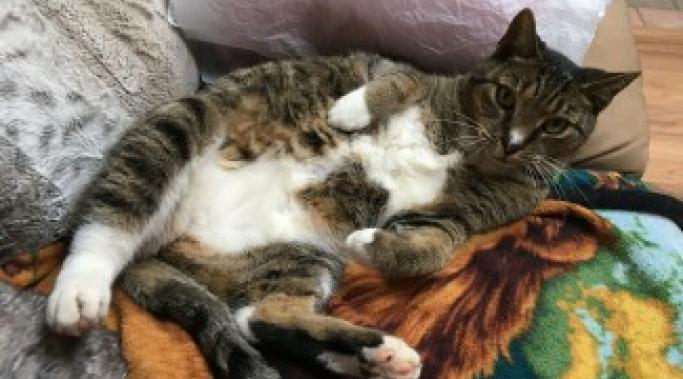Blogs
Yesterday was not my best day and I had to pull out my bipolar coping skills toolbox. It's not the first bad day that I've had and it won't be the last. Highs and lows are part of the territory of bipolar disorder. Learning to manage the extremes of bipolar disorder feels like something I'm constantly working on and that’s okay. Wellness is a journey and it can be improved by building your bipolar coping skills toolbox.
Staying sober during the holidays can prove difficult thanks to all the merrymaking aided by large quantities of alcohol. For example, my family drinks like fish, and one year Dad gave my two brothers alcohol for Christmas. But I stayed sober even though I have a substance abuse problem, and I plan on doing it again. Here are some ways to stay sober during the holidays.
The stigma surrounding mental illness can be debilitating; it can even cause you to deny symptoms you need to share with your psychiatrist and treatment team (How to Talk to a Doctor About Your Mental Illness). The fact is, until you can open up to your doctor and others who are there to help you and be honest, it will be very difficult--if not impossible--for you to get the help you need.
Secrecy in binge eating disorder is huge. I was once told that eating disorders were all about secrets and lies. As I ponder that thought, I cannot think of anything more accurate. When consumed by binge eating disorder, I did everything in secret, never letting anyone into the reality of my life. I snuck food, lied about what I was eating, and denied any comments about my behavior. I wish I would have known then that the secrecy of my binge eating disorder was only digging me deeper into my dark hole.
Obsessively healthy eating has a name, it's orthorexia nervosa. While not clinically recognized in the Diagnostic and Statistical Manual of Mental Disorders, Fifth Edition (DSM-5), orthorexia nervosa--literally fixation on righteous eating--is no less real to those who suffer from it. Recently I interviewed a doctor about this condition and asked her the question many people with it ask--"When did eating right become bad?" The answer--"When it becomes excessive . . . When it interferes with activities of daily living" (Eating Disorder Facts: Who Gets Eating Disorders?). For example, skipping meals because the "right" food isn't available is not uncommon. Obsessively healthy eating -- orthorexia nervosa -- can be very unhealthy.
When you’re changing medications, it becomes very clear how much bipolar medication changes suck. Being on the first one(s) sucks and changing to the next one(s) sucks, too. And people not on medication may not get this. They may not get what it’s like to have to take medication for bipolar and they certainly may not get why bipolar medication changes suck.
Those of us with schizophrenia or schizoaffective disorder may have to decrease our sugar intake because a lot of the medication for schizophrenia or schizoaffective disorder makes us crave sugar (Psychiatric Drugs and Weight Gain). To lighten the load, I am cutting out sugared sodas right on the heels of dropping alcoholic beverages. Let me tell you how decreasing sugar intake in my schizoaffective disorder is going.
People with borderline personality disorder (BPD) can learn to manage panic attacks by using the five senses. If we can train ourselves to consciously and positively stimulate the five senses during emotional distress, we with borderline might manage panic attacks with more success (Mental Illness Can Overstimulate Your Brain).
Anxiety doesn’t discriminate and anxiety can happen in the adult years. It can strike all human beings, and anxiety can happen at any age. Humans progress through distinct developmental stages as they grow, and each stage is marked by specific tasks and characteristics. Sometimes, things go wrong at one or more stages of development. When a stage isn’t completed successfully, problems can occur (Anxiety Causes: What Causes Anxiety?). It is for this reason that anxiety can happen at any age -- including in the adult years.
Sometimes it is best not to go home for the holidays and avoid mental illness relapse. If you have a mental illness, it can be hard to tell if your illness or good sense is winning out when you make your holiday plans (Mental Health Issues Over The Holidays). But if any of the following reasons are true for your family with mental illness this holiday, you may be better off finding a different place to spread your holiday cheer in order to avoid mental illness relapse.









